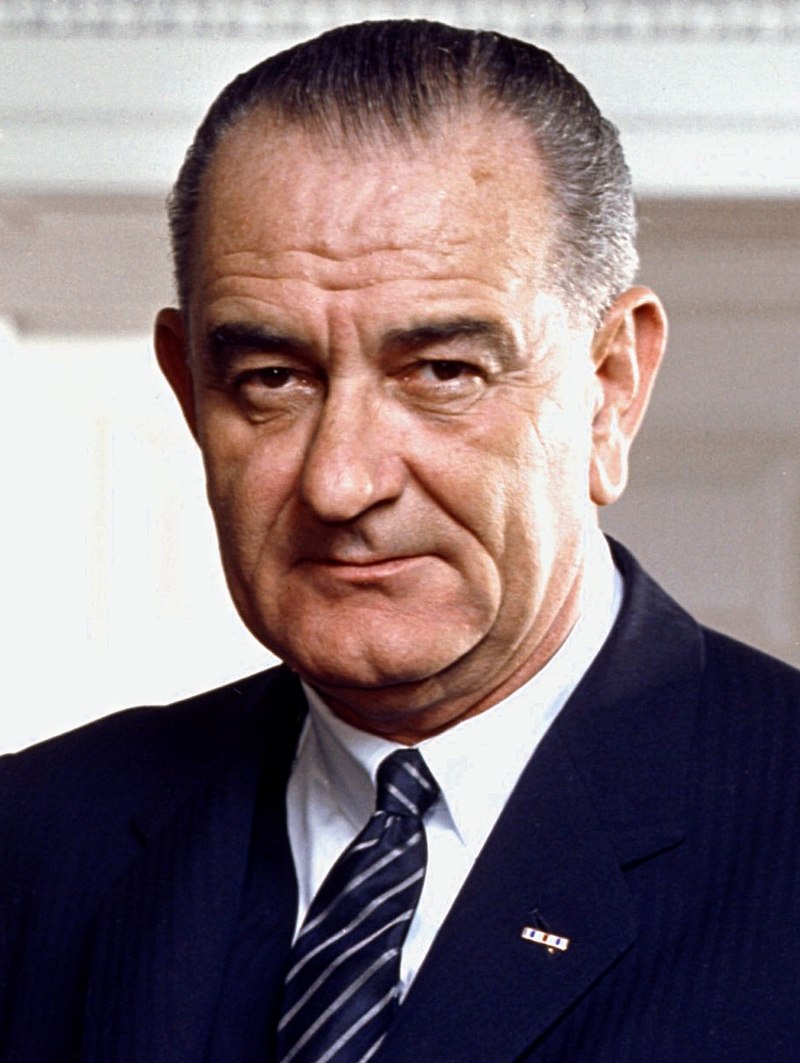President Lyndon B. Johnson signed the Civil Rights Act of 1968 into law on April 11, 1968. This legislative action played an essential role in developing equal justice throughout America. The legislation was known as the Fair Housing Act and acted as a necessary protection against discriminatory practices in the financial and real estate markets. The government implemented the bill as critical status after Dr. Martin Luther King Jr.’s fatal assassination that occurred several days earlier. The fatal assassination triggered lawmakers to swiftly establish this legislation because he dedicated his entire existence to the fight for fair housing rights.
After the passing of anti-discrimination legislation, housing discrimination persisted as the dominant issue despite the intention to eliminate public segregation, voting restrictions, and workplace prejudice. The minority groups of African Americans, plus others, encountered discriminatory practices that included redlining, a practice where financial institutions refused to lend money or extend credit to borrowers in certain neighborhoods based on their racial or ethnic composition, restricted residential choices, and unfair lending opportunities. According to the Fair Housing Act, the government created standards enabling individuals to select homes without racial or other forms of discrimination.
The landmark legislation established key protections, yet the battle for equal housing opportunities continued after 1968. Many discriminatory practices continued in various forms, which prompted extra legislative action and monitoring initiatives. This legislation, however, established principles for upcoming court battles and systemic inequality reforms. The laws continue to influence everyday life, thus showing that justice remains a constant work in progress, and the Civil Rights Act of 1968 has a lasting impact on our society.
History recalls the civil rights progress through the Civil Rights Act of 1968 legislative victory, which demonstrates that societal advancement is achievable through committed advocacy for equality and justice. This highlights the power of individual and collective action in shaping our society.

